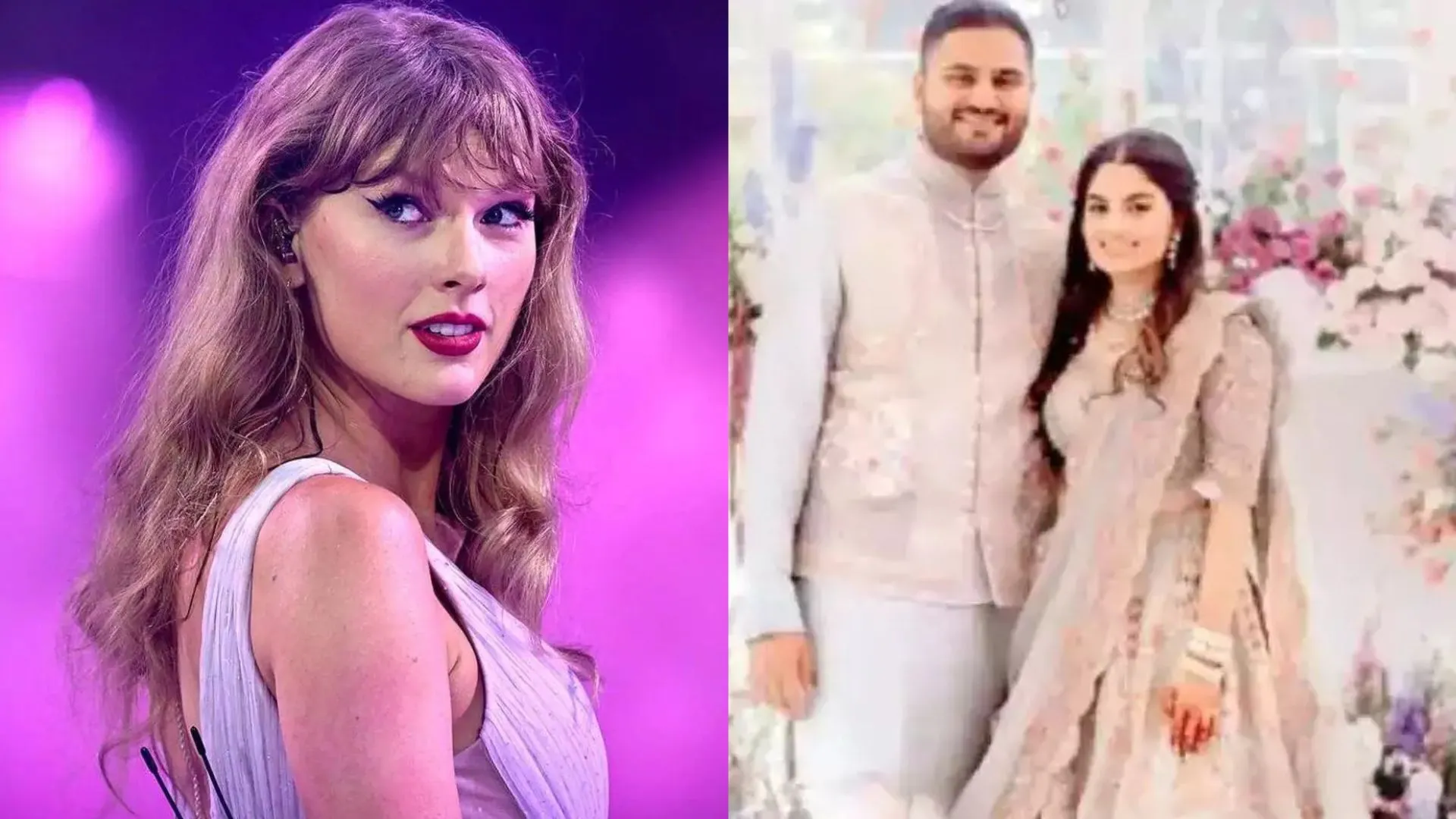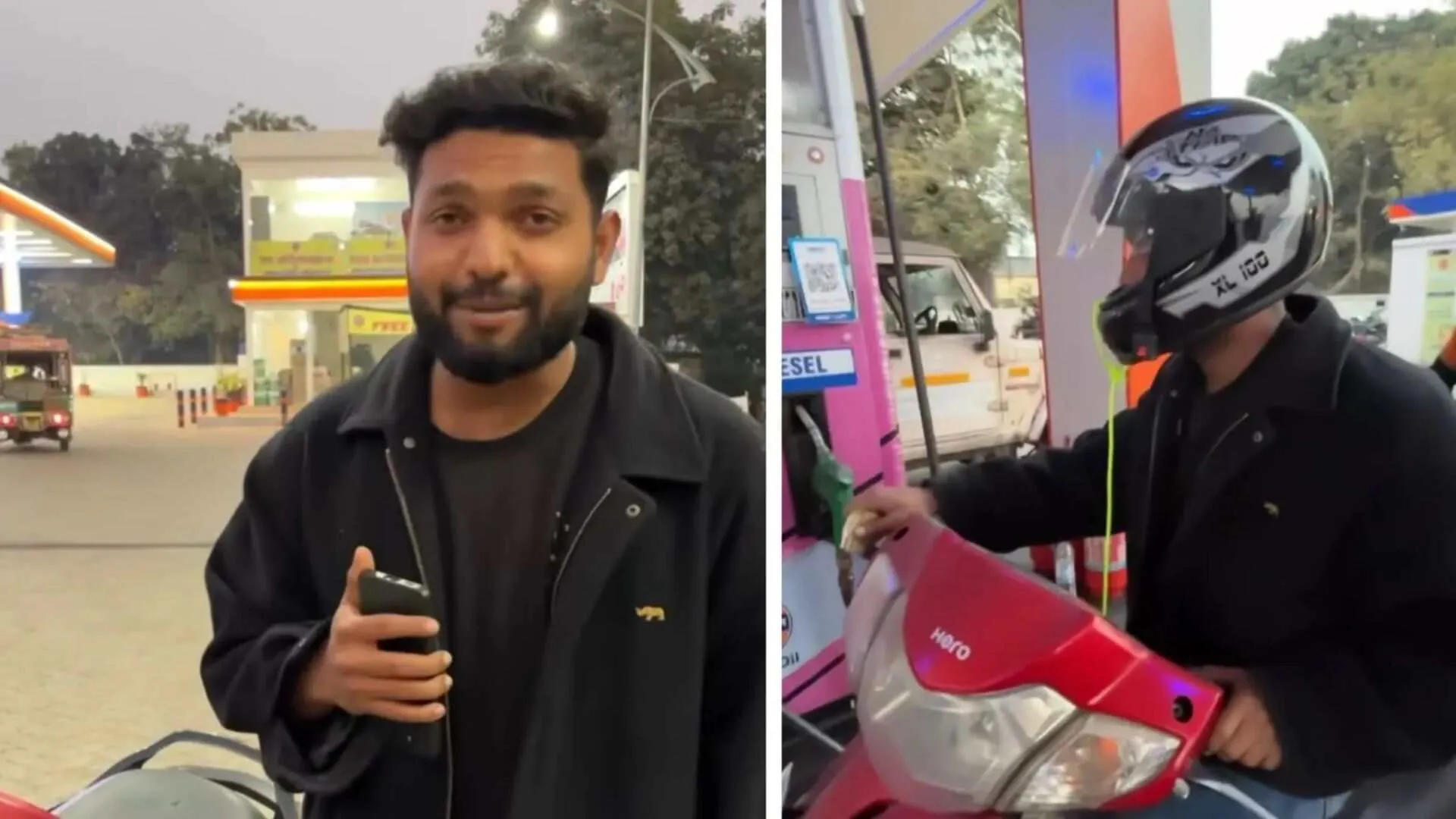When we call three-time Grammy Award-winning musician Ricky Kej, he is busy preparing for his upcoming concerts — 11 of them in a month, across three countries (USA, UK, and India). That is a lot, even for a Grammy Award-winning musician. But music is what Ricky loves to do. And he does it well. Amidst all the concerts, the Bengaluru-based musician, for this Independence Day, has performed the National Anthem with the 100-member Royal Philharmonic Orchestra at the iconic Abbey Road studios in London.
Ricky has collaborated thrice with the Royal Philharmonic Orchestra, including on his Grammy-winning album Divine Tides. He regards them as the finest orchestra globally and the National Anthem, his favourite melody. So, he put the two together to create something special to mark India’s 76th year of independence.
Ricky discusses what national identity means to him, how his perspective of music has changed over the years, and more.
Q: Music transcends all boundaries. So, what does national identity mean to you?
A: What I’ve come to believe is that art is a reflection of your inner self. If you create art that is authentic to your own being, it inevitably carries your identity. In my case, my Indian essence is an inherent part of me, like how a skilled Indian cook, when making something like pasta, will instinctively add a touch of turmeric or chilli powder to honour their roots before serving it to their family. My creations aren’t just products for a paycheck; they’re extensions of myself. Each composition I craft is a fragment of myself. And since I am Indian, the fabric of my music is inherently Indian too.
Q: What is Indian in your music?
A: There is nothing not Indian about my music. The compositions, the instrumentation, the essence… Even a person from a remote place, who has been barely exposed to Indian music, can recognise my music is Indian.
Q: What is your perspective of today’s India?
A: I believe our country is making significant strides in the right direction. The current landscape reflects a profound transformation in the recognition and appreciation I, as an Indian artist, receive today — something not as prevalent a decade or two ago. Our concerts attract diverse audiences from around the world.
Q: How has your meaning of music changed over the years?
A: I started my musical journey in 1999. Initially, music was primarily a profession for me. For 13 years, I created scores for over 3,500 television and radio commercials. This was a period of significant success, with my compositions becoming synonymous with numerous brands.
However, a shift occurred in my musical direction afterwards. Throughout my life, two fundamental pillars have guided me: my dedication to environmental causes and my passion for music. These pillars have always influenced my decisions. During my time working on commercials, it struck me that major brands recognised the power of music as a means to convey messages and sell products. This realisation prompted me to reconsider my path. I chose to step away from commercial music and instead focus on creating compositions that align with my convictions.
Q: How has the music scene changed in India and the rest of the world?
A: I can observe a clear transformation over time. In the past, songs typically spanned around four to five minutes, whereas nowadays, they are often condensed to two to three minutes. This change is a response to the changing audience preferences and behaviours.
Focusing on India, the music landscape has long been associated with films. This connection has led to a belief that music must be tied to films or feature prominent actors and actresses. The desire for artistic self-expression often takes a backseat to commercial considerations. However, a shift is gradually taking place. With the rise of music streaming platforms, where people predominantly engage with audio content, the significance of visual elements tied to music is diminishing. I hope this trend allows artists to create music that reflects their true selves and experiences, free from external constraints.
















